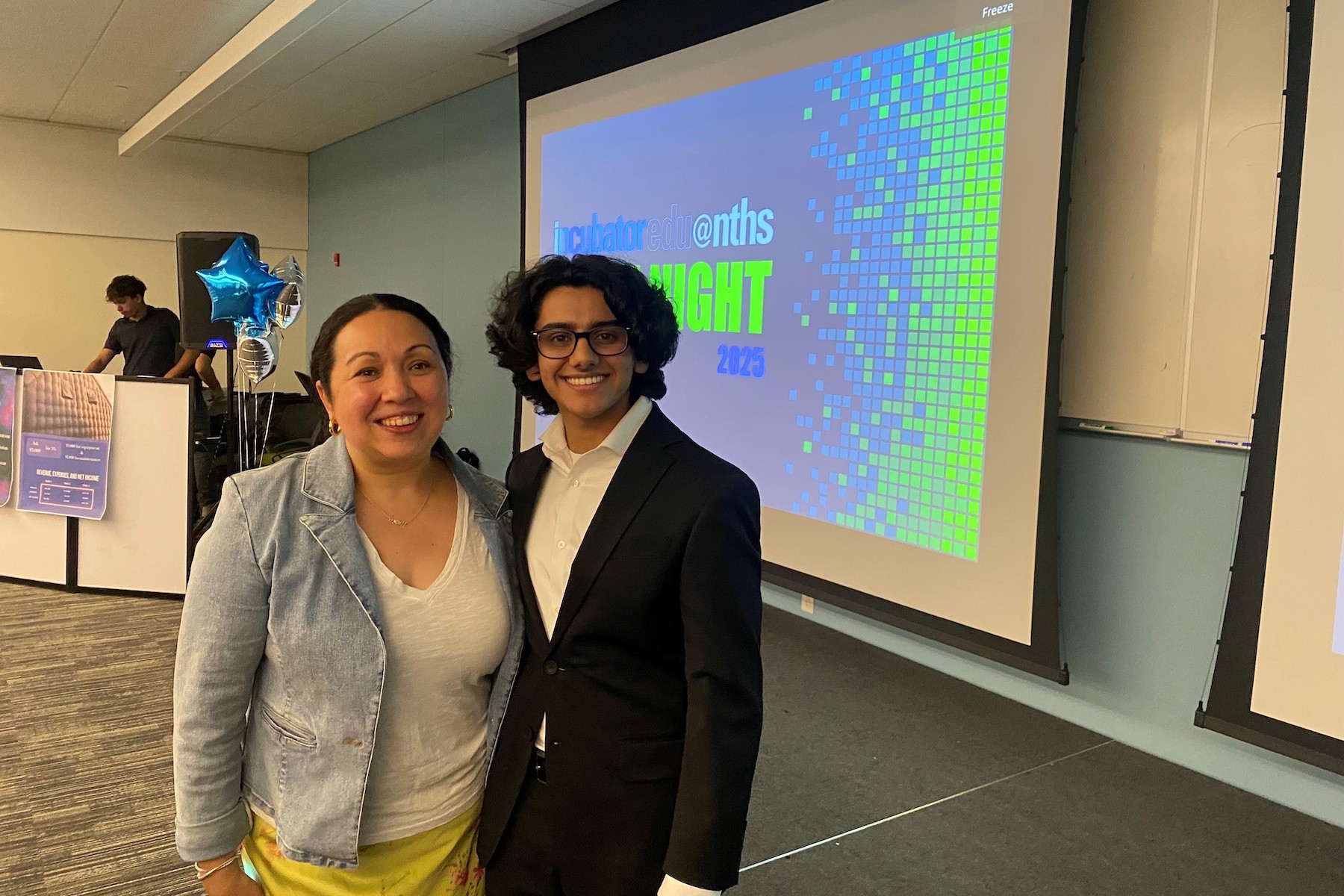Law enforcement agencies across the U.S. are seeing a growing number of calls for service involving people experiencing a mental health crisis.In just the past week, two mental health-related cases in Central Florida ended in deadly confrontations between deputies and victims.One of the most recent incidents happened Saturday in Osceola County, where deputies shot and killed an 18-year-old man who they say charged at them with a gun."The two deputies that responded told the individual to put his gun down," said Chief Deputy Dan Weis of the Osceola County Sheriff's Office.Just days earlier in Orange County, deputies shot and killed a man they said was armed with a knife when he charged at them.“He came out very violently, very quickly and tried to stab one of our deputies,” said Orange County Sheriff John Mina.Cases like these can escalate quickly, especially when law enforcement is often the first to respond. Mental health experts say additional support and trained professionals can make a critical difference.“Part of it is asking for the right type of support,” said Gena Abel-Barnes, a licensed mental health counselor based in Central Florida. Abel-Barnes emphasized the importance of having trained crisis response teams collaborate with law enforcement agencies. “For example, here in Orange County, we have the behavioral response unit. So, they are trained professionals, trained clinicians that when there is a call for a mental health crisis, they will come out to assess the situation and try to de-escalate the situation,” Abel-Barnes said.Mark DiBona, a retired law enforcement officer in Seminole County and president and co-founder of the nonprofit, Protecting the Guardian, advocates for more education and training in crisis intervention. His organization promotes mental wellness among officers, many of whom are frequently responding to traumatic and risky calls.“We, as law enforcement officers we're trained to protect the public and also protect ourselves,” DiBona said. “So, when you go into a call, mental health call, when they’re armed, that takes it up a notch.”Abel-Barnes and DiBona both stressed that knowing trigger words and how to effectively communicate during crisis calls should be a key part of law enforcement training.“De-escalate. How to talk to somebody,” DiBona said. “Not using words or language that's going to demonize the person, that's going to make them feel shameful for what they're experiencing,” Abel-Barnes said. “So not calling them crazy, not dismissing them not acting as if it's nothing.”DiBona also highlighted the emotional toll these situations take on first responders, and the importance of supporting their mental health as well.“All first responders – we see the worst of the worst — and now we're supposed to go home and shut and leave it at the door, and that's virtually impossible, be willing to get help,” DiBona said.If you or someone you know is struggling with mental health, there are resources available, including in Central Florida: If you or someone you know may be contemplating suicide, call or text 988 or chat 988lifeline.org National Alliance on Mental Illness Greater Orlando: click here. Mental Health Association of Central Florida: click here.
Central Florida, FL, USA —
Law enforcement agencies across the U.S. are seeing a growing number of calls for service involving people experiencing a mental health crisis.
In just the past week, two mental health-related cases in Central Florida ended in deadly confrontations between deputies and victims.
One of the most recent incidents happened Saturday in Osceola County, where deputies shot and killed an 18-year-old man who they say charged at them with a gun.
"The two deputies that responded told the individual to put his gun down," said Chief Deputy Dan Weis of the Osceola County Sheriff's Office.
Just days earlier in Orange County, deputies shot and killed a man they said was armed with a knife when he charged at them.
“He came out very violently, very quickly and tried to stab one of our deputies,” said Orange County Sheriff John Mina.
Cases like these can escalate quickly, especially when law enforcement is often the first to respond.
Mental health experts say additional support and trained professionals can make a critical difference.
“Part of it is asking for the right type of support,” said Gena Abel-Barnes, a licensed mental health counselor based in Central Florida.
Abel-Barnes emphasized the importance of having trained crisis response teams collaborate with law enforcement agencies.
“For example, here in Orange County, we have the behavioral response unit. So, they are trained professionals, trained clinicians that when there is a call for a mental health crisis, they will come out to assess the situation and try to de-escalate the situation,” Abel-Barnes said.
Mark DiBona, a retired law enforcement officer in Seminole County and president and co-founder of the nonprofit, Protecting the Guardian, advocates for more education and training in crisis intervention. His organization promotes mental wellness among officers, many of whom are frequently responding to traumatic and risky calls.
“We, as law enforcement officers we're trained to protect the public and also protect ourselves,” DiBona said. “So, when you go into a call, mental health call, [and] when they’re armed, that takes it up a notch.”
Abel-Barnes and DiBona both stressed that knowing trigger words and how to effectively communicate during crisis calls should be a key part of law enforcement training.
“De-escalate. How to talk to somebody,” DiBona said.
“Not using words or language that's going to demonize the person, that's going to make them feel shameful for what they're experiencing,” Abel-Barnes said. “So not calling them crazy, not dismissing them [and] not acting as if it's nothing.”
DiBona also highlighted the emotional toll these situations take on first responders, and the importance of supporting their mental health as well.
“All first responders – we see the worst of the worst — and now we're supposed to go home and shut and leave it at the door, and that's virtually impossible, be willing to get help,” DiBona said.
If you or someone you know is struggling with mental health, there are resources available, including in Central Florida:
- If you or someone you know may be contemplating suicide, call or text 988 or chat 988lifeline.org
- National Alliance on Mental Illness Greater Orlando: click here.
- Mental Health Association of Central Florida: click here.









 English (US) ·
English (US) ·